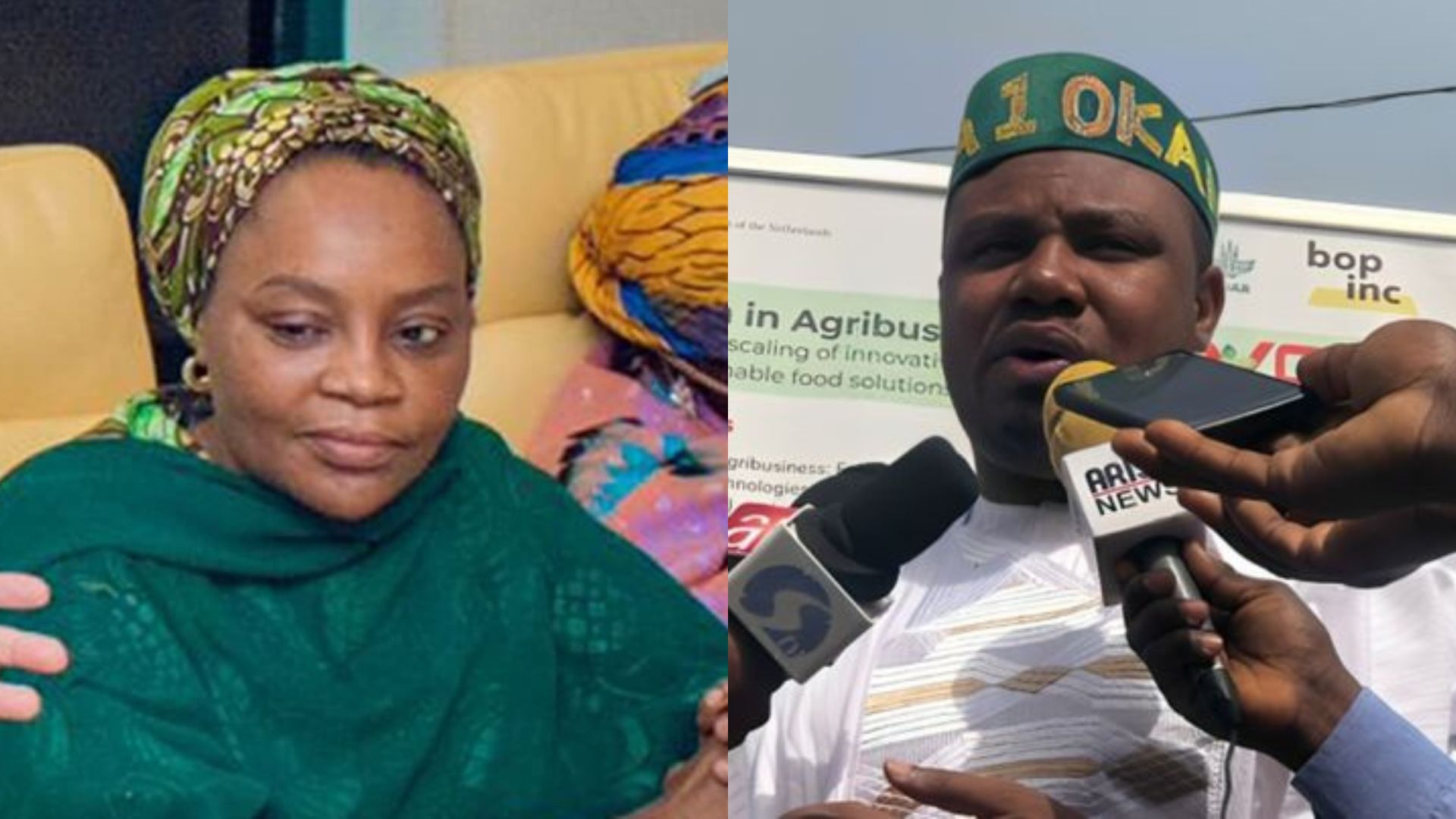Lawmaker raises alarm over 'creeping autocracy' under new UBEC boss

Lawmaker Alleges 'Creeping Autocracy' at UBEC Under New Leadership
ABUJA, Nigeria - A member of the House of Representatives has voiced serious concerns regarding the leadership style of the new Executive Secretary of the Universal Basic Education Commission (UBEC), alleging a slide towards "creeping autocracy" and disregard for established institutional procedures. Philip Agbese, representing the Ado/Okpokwu/Ogbadibo federal constituency of Benue State, made these allegations during a recent legislative retreat focused on amending the UBE Act.
Concerns Over Unilateral Decision-Making
Agbese claims that Aisha Garba, who assumed office in December 2024, is making unilateral decisions that undermine transparency, accountability, and staff morale within UBEC. He specifically pointed to the implementation of a new organogram without the formal approval of the UBEC Governing Board, a requirement stipulated in Section 6(h) of the UBE Act.
"We’re beginning to observe a creeping autocracy that has no place in a statutory agency like UBEC," Agbese stated. "The Executive Secretary may have been recommended as an expert, but UBEC is not a one-woman institution. Leadership in a federal agency demands respect for internal processes, institutions, and statutory roles—not a command-and-control structure driven by personal convictions alone."
Violation of UBE Act Alleged
The lawmaker further accused Garba of deploying officers from other Ministries, Departments, and Agencies (MDAs) into senior UBEC positions, allegedly bypassing qualified internal staff. Agbese argued that this practice violates Sections 10(1) and (3) of the UBE Act, which prioritize building capacity within the commission.
Additionally, Agbese expressed concern over the alleged marginalization of the two Deputy Executive Secretaries (DES), whose statutory roles are purportedly being undermined by the Executive Secretary's unilateral decision-making. He claims this consolidation of power contradicts the intended functioning of UBEC as outlined in Sections 5(2) and (3) of the UBE Act.
Historical Context and Current Challenges
UBEC was established to coordinate the implementation of the Universal Basic Education program, aimed at providing free, compulsory, and quality basic education for all Nigerian children. The agency has faced numerous challenges, including inadequate funding, poor infrastructure, teacher shortages, and a large number of out-of-school children. According to UNICEF, Nigeria currently has over 10 million children out of school, one of the highest rates in the world. Addressing this crisis has been a central focus of Garba’s stated agenda.
Expert Analysis: Balancing Reform and Due Process
Dr. Folasade Adebayo, an education policy analyst at the Centre for Education Research and Development, commented on the situation, stating, "While reforms are undoubtedly necessary to improve the efficiency and effectiveness of UBEC, it is crucial that these changes are implemented in accordance with due process and with the involvement of all relevant stakeholders. Overly centralized decision-making can stifle innovation and create resentment within the organization." She further added, "Transparency and adherence to the UBE Act are essential for maintaining public trust and ensuring the long-term success of the program."
Call for Intervention and Investigation
Agbese has called on the federal government to intervene and restore proper oversight mechanisms at UBEC. He recommended a performance audit of UBEC’s leadership and delegation practices, a halt to further external staff deployments, and a directive for the Governing Board to review all structural changes implemented since December 2024.
The House Committee on Basic Education may summon Garba for a briefing on the situation. Agbese emphasized the importance of accountability, stating, "We will not allow any public institution to drift into impunity under our watch. If the Executive Secretary has nothing to hide, then she should have no problem answering these questions."
Future Implications
The allegations of "creeping autocracy" at UBEC raise concerns about the agency's ability to effectively address the challenges facing basic education in Nigeria. The outcome of the House Committee's investigation and the federal government's response will be crucial in determining the future direction of UBEC and its impact on the country's education system.
Moving Forward: The Need for Collaboration
Professor Emmanuel Okeke, a specialist in educational administration, noted, "The success of UBEC hinges on collaborative leadership and a shared vision. It is imperative that all stakeholders, including the Executive Secretary, the Governing Board, and the National Assembly, work together to ensure that the agency fulfills its mandate of providing quality basic education for all Nigerian children." He added, "Open communication, transparency, and adherence to the rule of law are essential for fostering a conducive environment for effective policy implementation."
Originally sourced from: pulse Ng
